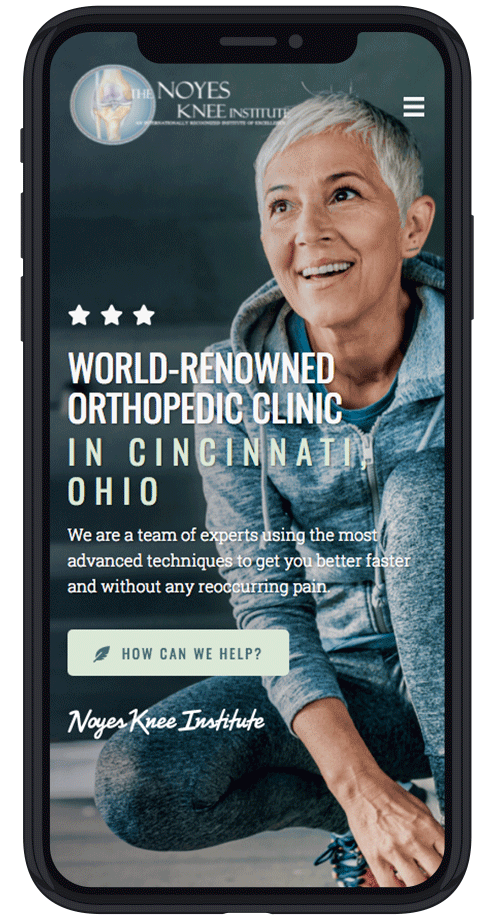Published On
Category
If you’re expecting a baby, you also deal with changes to your own body. Women often experience aches and pains during pregnancy. Many women also have weight gain, gait changes, and even differences with how they sit or rest. All of these changes can affect your knees.
Knee pain is unfortunately common during pregnancy, but you can do some things to help relieve it or at least make it less severe. If you’re concerned about the impact pregnancy might have on your knees, follow this knee care guide as you navigate the next few months.
Try to Make Exercise a Priority
Some women can experience a decrease in physical activity during pregnancy. Some might feel sick during the first trimester, which affects their strength and their willingness to work out. Others might worry that working out too much might hurt the baby. Other experience too much discomfort to keep with their typical exercise routine.
However, sedentary living is a contributor to knee pain during pregnancy. When the joint is not in use, it loses some strength and stability. Then when you do need to walk around, you experience greater pain. The reduced activity also contributes to greater weight gain in pregnancy, which drastically increases the pressure on the knees within a short period of time.
If you can’t stick with a normal workout, make a step goal to walk a certain distance each day. Try safe, low impact exercises like swimming or riding a stationary bike. Swimming is especially good for pregnancy knee pain because the water takes the weight off your joints, allowing you to exercise without stressing your knees.
You might also try doing some stabilizing exercises like yoga and light weight lifting. Simple exercises like squats and lunges can strengthen your knees as long as you do them consistently. Remember to talk to your OBGYN about exercises that are safe for your current health.
Invest in Good Footwear
During pregnancy, your body produces a hormone called relaxin, which helps your ligaments to soften. This is important for increasing the flexibility of your joints and bones in the pelvic area during birth, but the hormone affects all the joints in your body, including your knees, ankles, and feet.
As a result, you should not go through pregnancy wearing flat shoes or flip-flops. Also, refrain from wearing high heels which alter your center of gravity and place a lot of strain on your knees and ankles. Instead, wear supportive shoes that help your feet to align well with your knees and hips.
You might find you need to purchase new shoes during pregnancy because the relaxin causes the bones in your feet to spread, and for the feet to lengthen due to more relaxed ligaments. Some women experience swelling which can also make wearing shoes uncomfortable. Do the best you can to find supportive shoes.
Rest in the Right Position
A simple way to relieve knee pain in pregnancy is to take the load off your knees by resting. If you are lying on your side, give your knees some support by placing a pillow in between your legs. If you are sitting down, try to elevate your legs on a table or ottoman. Sitting with your knees bent for a long period of time can cause some irritation and restrict blood flow.
Consider Some Extra Support
Finally, you might see a knee specialist for a brace. Even with activity and healthy eating habits, weight gain — combined with gait changes and relaxed ligaments — can mean aches in the knees. If you can’t walk without pain, your knee could use the extra support of a brace.
For more information, contact us at Noyes Knee Institute.

